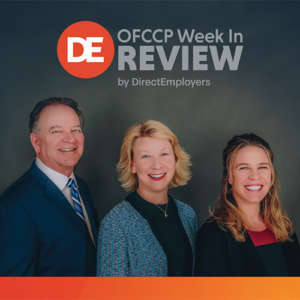 The DE OFCCP Week in Review (WIR) is a simple, fast and direct summary of relevant happenings in the OFCCP regulatory environment, authored by experts John C. Fox, Candee Chambers and Jennifer Polcer. In today’s edition, they discuss:
The DE OFCCP Week in Review (WIR) is a simple, fast and direct summary of relevant happenings in the OFCCP regulatory environment, authored by experts John C. Fox, Candee Chambers and Jennifer Polcer. In today’s edition, they discuss:
- Neurodiversity Inclusion Checklist for Employers
- Company Website Disability Inclusion Messaging
- U.S. Senate Forwards the Proposed $3.5 Trillion FY 2022 Budget to U.S. House of Representatives, But Bans Critical Race Theory in Federally Funded Pre-K through K-12 Schools
- Williams is the New ODEP Top Administrator (Obama Reunion Continues at USDOL)
- NLRB Memo Directs Regions on Mandatory Issues to Submit to Headquarters
- NILG Conference – Key Themes Recapped
- Speak Up for A Panel on Artificial Intelligence Technology for Individuals With Disabilities at SXSW
Monday, August 9, 2021: Neurodiversity Inclusion Checklist for Employers
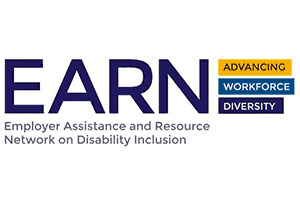
Some companies have implemented programs targeting neurodiverse individuals, specifically those on the autism spectrum. The Employer Assistance and Resource Network on Disability Inclusion (EARN) reports it is there to help! To that end, EARN created a Neurodiversity Inclusion Checklist to help employers design and implement a successful and scalable program to recruit, hire, retain, advance, and provide long-term support for neurodivergent employees.
DE Members
The first DE Disability Roundtable Masterclass session was “Understanding & Accommodating Autism in the Workplace.” It received rave reviews and is now available in the DE Academy. Since then, DE has sponsored five monthly sessions examining other mental and physical disabilities. In each session, Roundtable panelists help DE Members first understand the medical and biological conditions underpinning the impairment so as to better understand how one might choose to accommodate individuals with that disability, including new and emerging technology accommodations continually springing up to reduce barriers to employment and advancement. These are Member-only sessions, available at no cost.
We’ve added the neurodiversity checklist to this session. If you haven’t accessed the DE Academy yet, reach out to academy@directemployers.org for your log-in details!
DE Academy shopping cart contains courses available to the general public.
Monday, August 9, 2021: Company Website Disability Inclusion Messaging

“Early-stage reactions to disability messaging by a company can also influence employee decisions to disclose their disability to the employer. An applicant’s comfort level disclosing a disability can serve as an informal indicator of an employer’s success in conveying a supportive and inclusive workplace culture.”
~ Observations of Job Seekers with Disabilities Fact Sheet
Also available from EARN is a new practical document EARN calls a “Practice Brief” titled: Leveraging the shift to remote work to increase employment of people with disabilities.
For help with your company’s recruitment website, including an accessibility audit, talk to the experts at Recruit Rooster.
Wednesday, August 11, 2021: U.S. Senate Forwards the Proposed $3.5 Trillion FY 2022 Budget to U.S. House of Representatives, But Bans Critical Race Theory in Federally Funded Pre-K through K-12 Schools
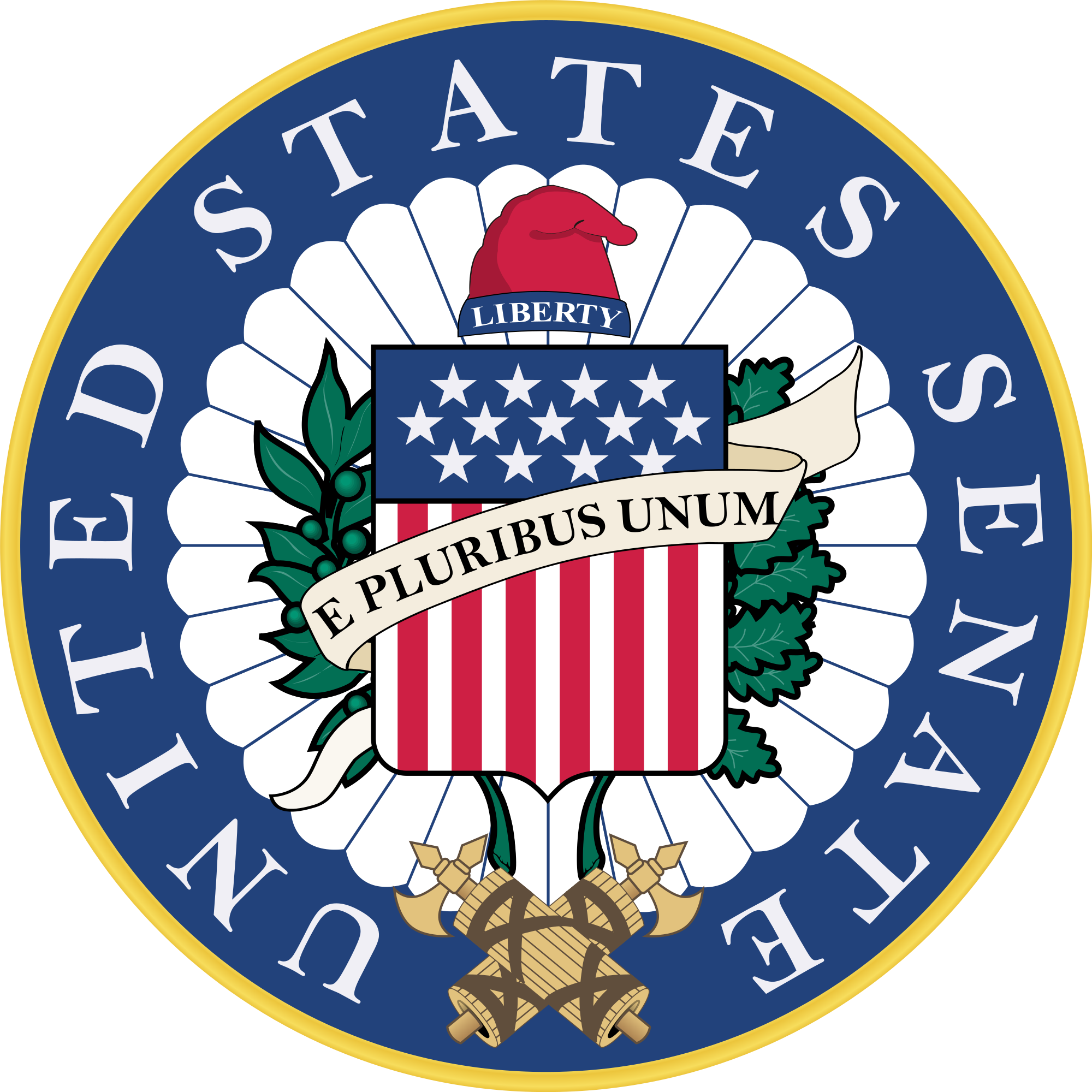
However, according to a statement on his website, Senator Rounds opposes the Senate’s budget Resolution,
“While I cannot be there in person when the final vote is cast, as I am with my wife Jean en route to the Mayo Clinic where she is undergoing cancer treatments, my intent would be to oppose this legislation in its final form.”
Of particular interest to our readers is the amendment Senator Tom Cotton (R-AR) proposed. The amendment prohibits “the teaching of critical race theory in pre-kindergarten programs and elementary and secondary schools.” Senator Cotton has been an outspoken advocate against teaching Critical Race Theory.
To pass the Critical Race Theory amendment, Senate Democrat Joe Manchin (WV) joined Republicans, other than Senate Republican Mike Rounds who was absent, as noted above. Total vote on the CRT amendment was 50 yeas (49 Republicans + 1 Democrat) vs 49 nays (all Democrats).
How We Got Here
We first reported the emergence of the Critical Race Theory (CRT) controversy in September 2020 when the “White House Orders All Federal Agencies to Review Their Race Training Programs and Stop Any Course Which Furthers Racism.” From there, we watched as various members of Congress introduced, this year, a variety of Bills on CRT.
- May 2021 “The Push Is On To End The Training Of Critical Race Theory,” followed the next week with “Update: Last Week’s WIR Story Reporting Three Bills and a Senate Resolution Attacking Critical Race Theory Was Just the Tip of The Iceberg.”
- August 2021 “Combating Racist Training in the Military Act of 2021”
Although a few of these Bills continue to gain Republican cosponsors, none has moved beyond being introduced in their respective Committees. Since Democrats occupy the Chairs of those Committees in both the House and the Senate, it is not likely we will see these Bills go any further in this Congress. That observation makes Senator Cotton’s “end-around” the Senate Committees sitting on their CRT bills all the more remarkable through his Parliamentarian maneuver to simply skip over their heads right to the Senate Floor without the benefit of Committee Hearings or even consideration.
Wednesday, August 11, 2021: Williams is the New ODEP Top Administrator (Obama Reunion Continues at USDOL)
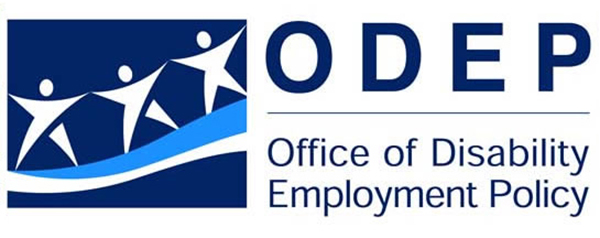
As we previously reported, Ms. Williams served in ODEP during the Obama Administration. She was a Senior Policy Advisor to the Youth Team and the Chief of Staff to the position she will now occupy.
Thursday, August 12, 2021: NLRB Memo Directs Regions on Mandatory Issues to Submit to Headquarters
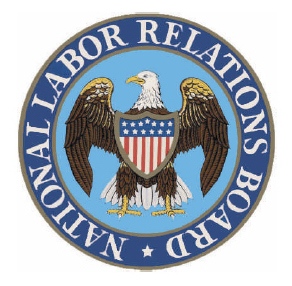
“As our country fights a horrific pandemic and returns from an unprecedented economic recession, it is critical that the NLRB vigorously protect the rights of workers to freely associate and act collectively to improve their wages and working conditions,” said General Counsel Jennifer Abruzzo. “This memo should be seen as a road map for ways in which the Agency will better effectuate its mission and congressional mandate, including protecting the right to engage in concerted activities for mutual aid or protection and encouraging collective bargaining.”
Ms. Abruzzo divided the memo into three sections.
- The first section identifies eleven subject matter areas consisting of cases where, in the last several years, the Board overruled legal precedent;
- the second section identifies seven other initiatives and areas that the General Counsel wants to examine carefully; and
- the third section identifies other case-handling matters traditionally submitted to Advice.
The memo warns that its list of subject matter areas of interest to Ms. Abruzzo is not exhaustive and may evolve as policy issues, and additional cases arise.
Section one includes the following eleven subject matter areas:
- employer handbook rules,
- confidentiality provisions in separation agreements,
- defining the scope of protected concerted activity,
- Wright Line/General Counsel’s burden,
- remedial issues,
- union access,
- union dues,
- employee status,
- jurisdiction over religious institutions,
- employer duty to recognize or bargain, and
- deferral.
Section two lists seven additional subject areas that Ms. Abruzzo would like to examine. These include cases involving employee status, Weingarten rights, National Mediation Board vs. NLRB jurisdiction, employer duty to recognize and bargain, employees’ Section 7 right to strike or picket, remedies and compliance, and employer interference with employees’ Section 7 rights.
Finally, the memo lists various additional case-handling matters that are traditionally submitted to Advice. These include 10(j) injunctions (to temporarily enjoin alleged unfair labor practices pending court resolution of the underlying dispute), cases involving the validity of partial lockouts, and cases with complex subpoena issues.
Thursday, August 12, 2021: NILG Conference – Key Themes Recapped
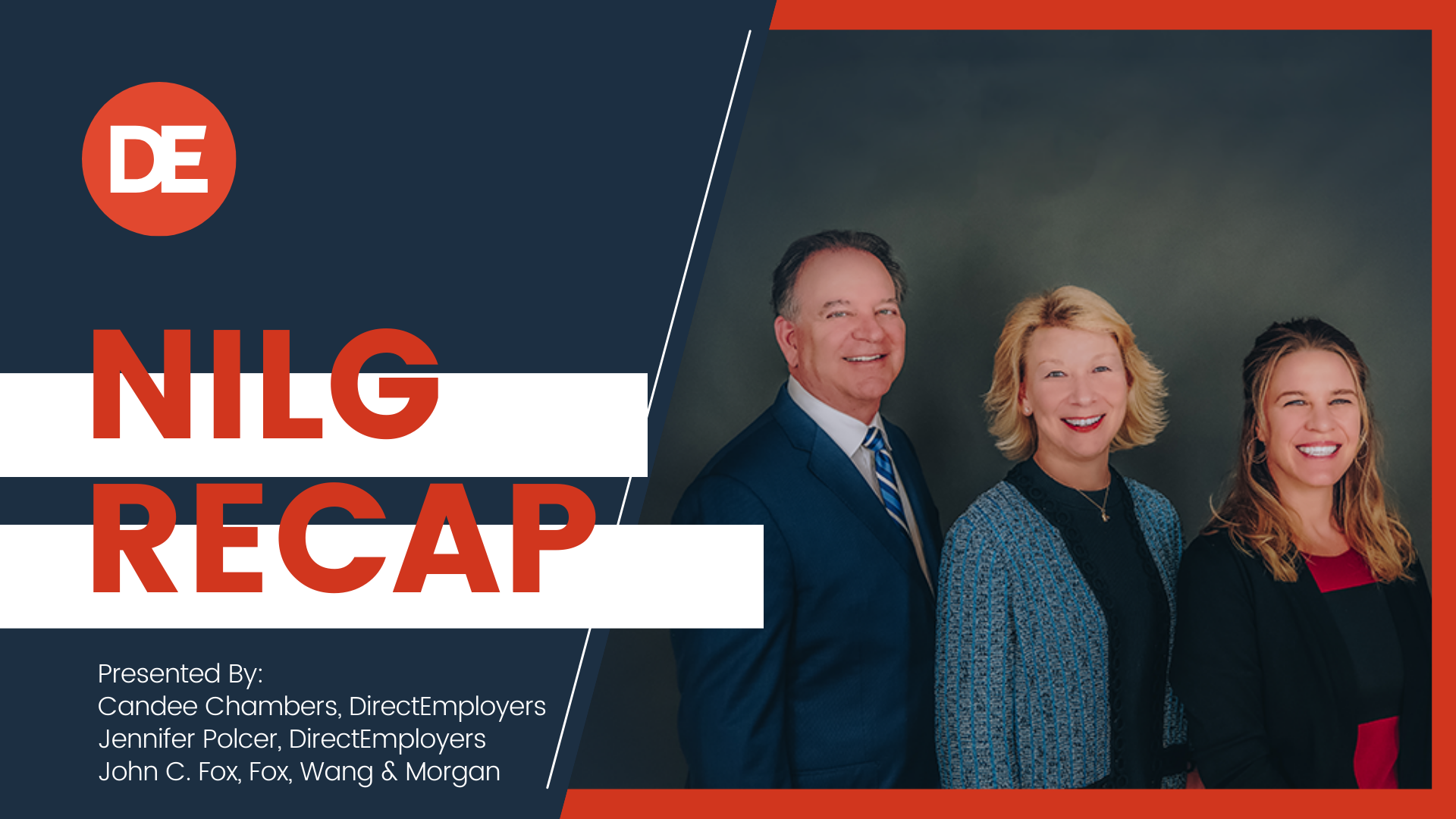
Rather than discuss the 40 plus presentations, we opted to hone in on what we found to be the themes or key takeaways from the conference.
- OFCCP Audits
- Conciliation Agreements
- Compliance technical “paperwork” violations
- “Failure to Hire” allegations
- “Compensation” allegations
- How AAPs are Diversity & Inclusion Diagnostic Tools, and
- OFCCP’s & EEOC’s Hopes for the Future
Catch our conversation and review the references to John Fox’s NILG presentation on the public resource portal of DE Connect.
Friday, August 13, 2021: Speak Up for A Panel on Artificial Intelligence Technology for Individuals With Disabilities at SXSW

The panel will explore using co-design to develop AI hiring tools that are more equitable for people with disabilities.
Public voting for proposed sessions is open until August 26.
South by Southwest, abbreviated as SXSW and colloquially referred to as South By, is an annual conglomeration of parallel film, interactive media, and music festivals and conferences in mid-March in Austin, Texas. It began in 1987 and has continued to grow in both scope and size every year.
PanelPicker® is the official SXSW user-generated session proposal platform. This easy, two-step online process allows the SXSW community to have a voice in the event sessions.
THIS COLUMN IS MEANT TO ASSIST IN A GENERAL UNDERSTANDING OF THE CURRENT LAW AND PRACTICE RELATING TO OFCCP. IT IS NOT TO BE REGARDED AS LEGAL ADVICE. COMPANIES OR INDIVIDUALS WITH PARTICULAR QUESTIONS SHOULD SEEK ADVICE OF COUNSEL.
SUBSCRIBE.
Compliance Alerts
Compliance Tips
Week In Review (WIR)
Subscribe to receive alerts, news and updates on all things related to OFCCP compliance as it applies to federal contractors.
OFCCP Compliance Text Alerts
Get OFCCP compliance alerts on your cell phone. Text the word compliance to 55678 and confirm your subscription. Provider message and data rates may apply.

